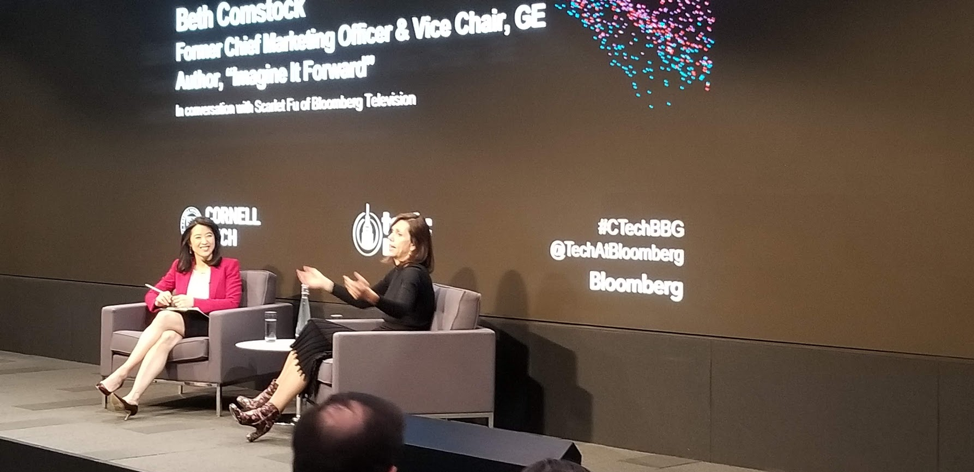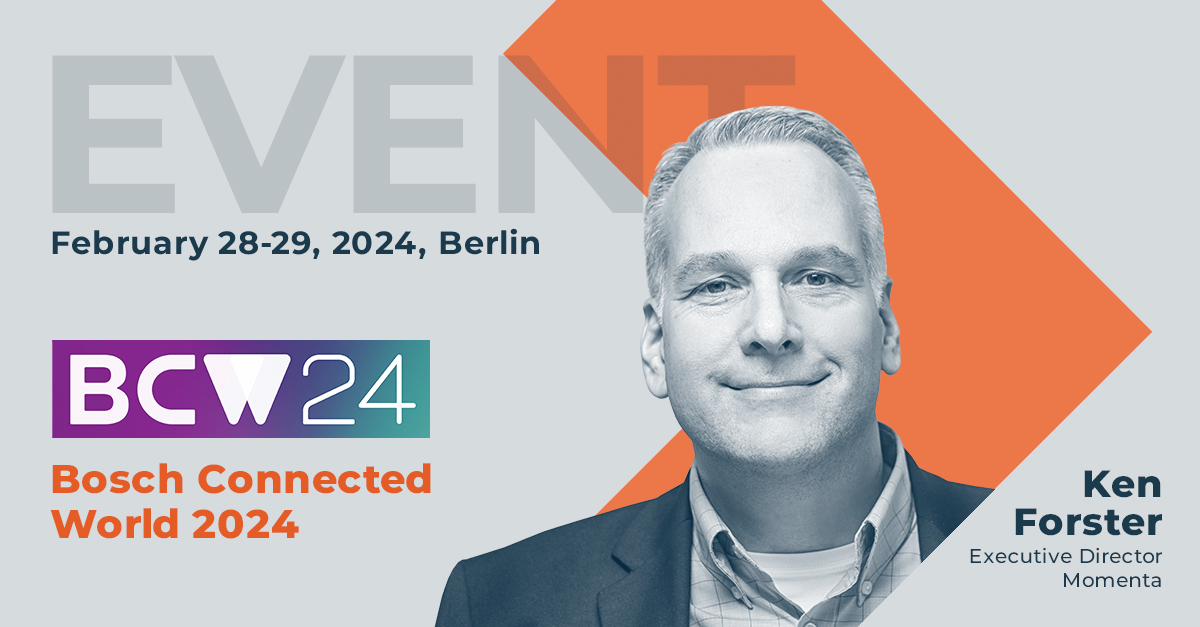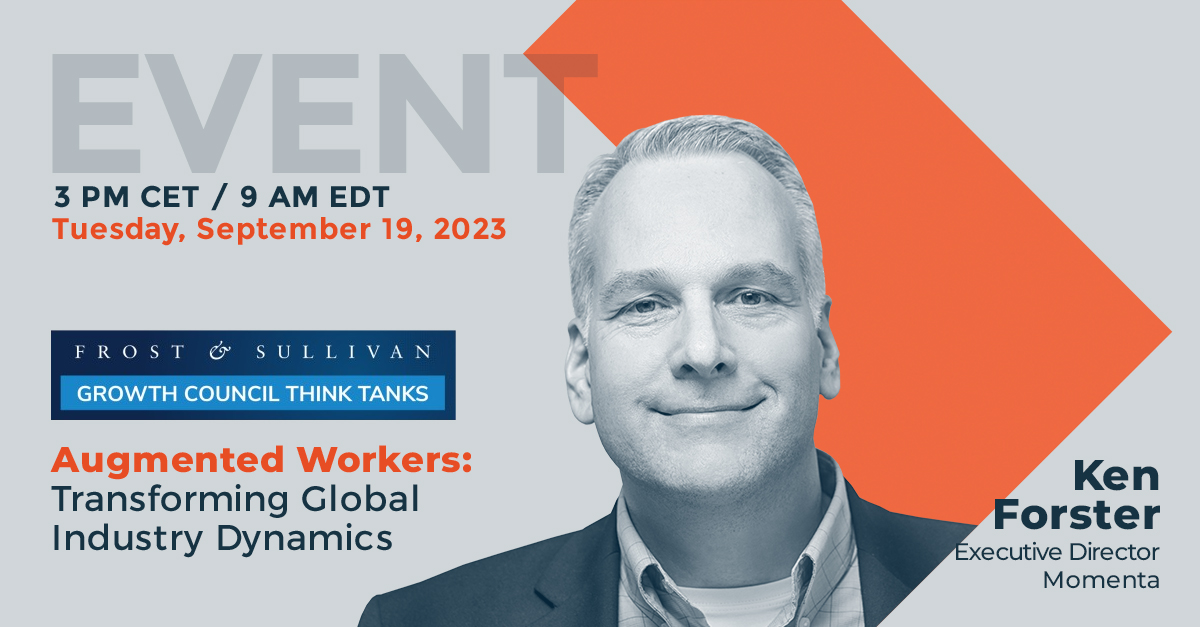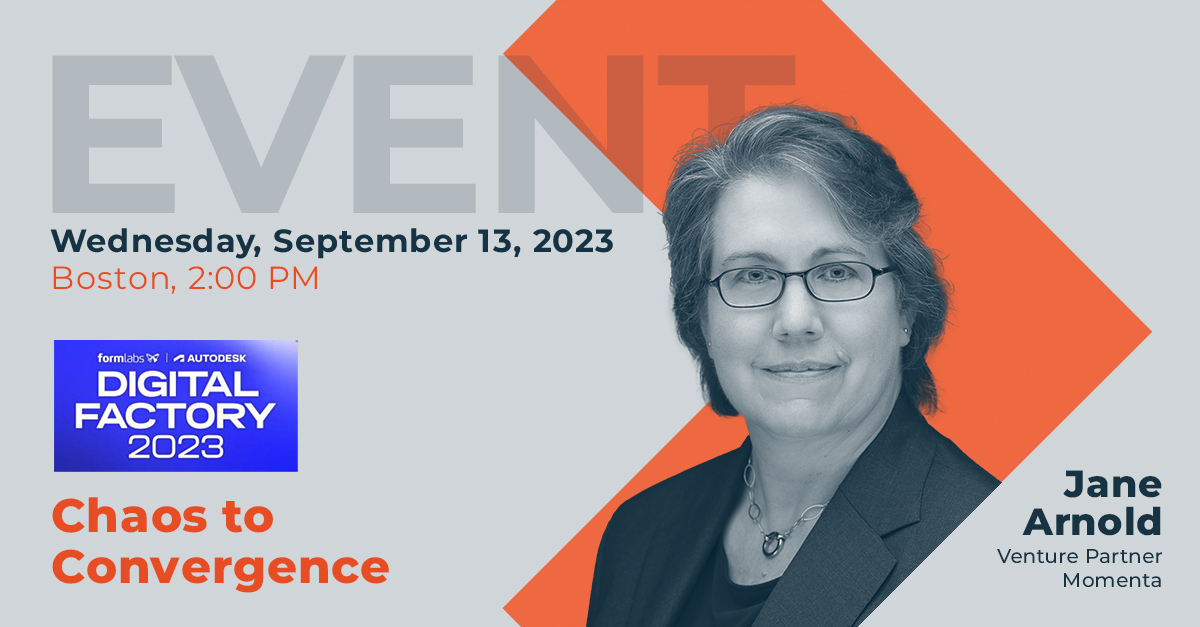Value Vector
Innovating Forward - Beth Comstock Shares Perspectives in NYC
Ken Forster

At an event hosted at Bloomberg in NYC by Cornell Tech, former GE CMO and Vice Chairman Beth Comstock related how her professional journey was shaped by getting a divorce as a single mother in her 20s. The experience of weathering adversity gave her confidence that ultimately led to her success at GE. She was working at NBC in the early 2000s when GE’s Jack Welch invited her to work at GE, about 4 years before he was about to step down, and she was invited to help him with his transition.
NBC’s acquisition of iVillage had created a lot of challenges out of the gate around 2005- after a number of iterations NBC and GE decided to create Hulu as a new streaming service. Former Amazon executive Jason Kilar was tapped to create a challenger in the industry. He was empowered to take whatever resources he wanted from NBC and Fox. NBC had already built a video player with all the bells and whistles, but Jason rejected it because the experience was poor and he started afresh.
Regarding management approaches she says: “When you get on a plane, you want the engine to be Six Sigma. When you are dealing with humans, their defects are an opportunity.”

How storytelling can drive strategy
Beth Comstock came from public relations and believes marketing drives innovation. When she took over at GE she had no marketing experience. At the time, most people in GE’s engineering culture thought that marketing was what you did at the end of the process. Beth had to establish herself as an outsider to translate what she saw from the outside to a company full of engineers. She realized it’s about “living in the market” – and when you take that view you get a whole new approach.
“If you can’t tell a good idea, who will follow you?”
Imagination is such a powerful force. Elon Musk’s appeal is based on his vision, and the story. That’s where innovation starts. She discussed how GE’s Imagination Breakers program was modeled on Danaher. They were looking for new ideas that would generate $200mn of revenues in a couple of years. These were protected ideas, they would not get cut unless they were bad ideas or proved to be poor. GE had to create a protected space to create new ideas.
The Health Care business was looking at a new problem so they started hanging out with anesthesiologists, they had an opportunity to rethink anesthesiology but the doctors couldn’t actually describe what they did. They brought in airline pilots (who are also dealing with life and death situations) to observe the operating room and they came up with a whole new path for operating rooms. This was a tough path, not for those that wanted to be loved or most popular.
The lessons of Quirky
Appliances became a lab to marry innovation with new manufacturing opportunities. Quirky started working with open source models and entrepreneurs. Even though they failed, the manufacturing team came up with a new way of creating products called FirstBuild. This experience helped her realize the value of big and small companies working together. What big companies do is immediately is go to scale, which can be a huge mistake. Quirky had access to so much money and people telling them what to do, it became a cautionary tale when it failed.
At the initial analyst pitches for Quirky there was very little interest because it seemed too small, the same with Ecomagination. In a company like GE that had grown through acquisitions, this was not perceived as a meaningful way to grow. $200-500mn in revenues was not enough when expectations were in the billions.
Comparing the merits of small vs large companies
Small companies are faster but it’s harder to scale. Big companies can help a small company scale with the right type of partnership. Beth Comstock served on the Nike board (unusual for GE to allow this) and she learned that global companies often try to scale single idea globally, forgetting localization. Nike’s challenges in China were analogous to GE’s HC challenges in India. Often a B2B company has more intimacy with its customers.
What were the challenges at GE?
It’s a complex question – there were a lot of people in the leadership fighting for speed. “You can’t solve complexity with complexity”. Conglomerates are challenged when speed is an issue. Industrial companies may be out of favor, but tech companies like Amazon are doing well now. When companies get bigger, the leadership is less willing to take risks.
What went wrong with GE Digital?
The vision was ahead of the reality. They were throwing money to scale the business, but they would have been better served to build a digital factory and then figure out how to scale. There were a lot of concepts that were very valid, but the company probably tried to scale to rapidly. Digital Transformation is about transformation.
How to make Apple creative again?
Apple is a big company. They don’t imagine publicly, but Beth Comstock likes what they are doing in Healthcare. It would be great if they were to show more about what they are doing. The perfection seeking culture is a concern; maybe they don’t share enough because they don’t want to fail.
Why did Beth Comstock turn down Steve Jobs twice?
At the time she was at NBC, and she turned down Apple because she saw them as a tech company and she wanted to do more storytelling. She may not have had the opportunity to challenge herself, but it was what she wanted to do at the time.
On how leaders are equipped for change
We don’t teach people the skills to deal with an era of emergent change. Surprises come seemingly out of nowhere, but we are not taught and encouraged to think that way. Our job as managers is to create a vision, put a team together, get the resources together and figure it out. We need more room for discovery, and leave room for pattern recognition. It’s about how quickly you can adapt. After the 9/11 attacks, the CIA was indicted for having a lack of imagination. The imagination gap is where you don’t think ahead to potential outcomes.

Momenta Partners encompasses leading Strategic Advisory, Talent, and Investment practices. We’re the guiding hand behind leading industrials’ IoT strategies, over 100 IoT leadership placements, and 17+ young IoT disruptors. Schedule a free consultation to learn more about our Connected Industry practice.



